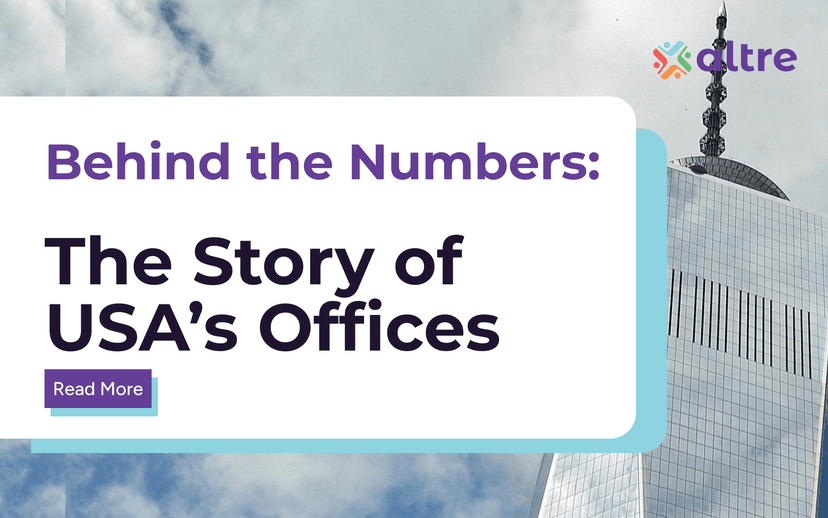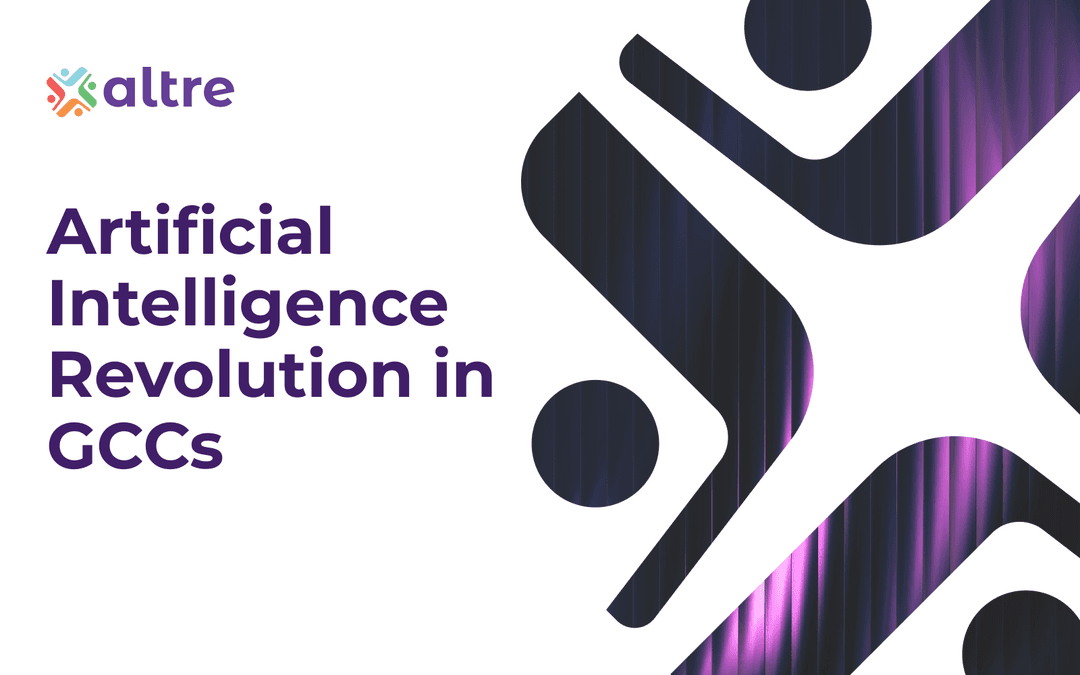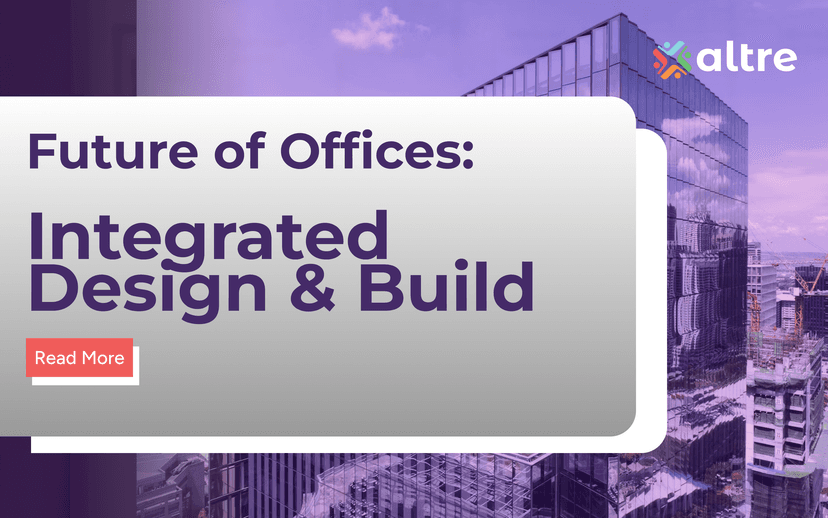
One of the fundamental rules of business is that new advances revolutionize operations. For companies across the globe, that new advance is artificial intelligence (AI). From multinational corporations to smaller operations, artificial intelligence in India is transformative. For India's thriving Global Capability Centers (GCCs), this comes as both a challenge and an opportunity.
Over 1,800 companies have already established Global Capability Centers in India, employing 1.9 million professionals. The number is expected to grow to over 2,400 companies, operating 4,400 GCC units with 4.5 million professionals. As advances continue, the opportunity lies for them to tap into AI-powered innovation engines. To reimagine traditional service delivery models through the integration of artificial intelligence.
A Quick Aside: What Are GCCs?
Global Capability Centers represent an evolution in how multinational corporations structure their global operations. Unlike older offshore service models, GCCs function as integrated business units. These units deliver specialized capabilities across the entire value chain. They provide everything from core business functions like finance and human resources to advanced capabilities in research and development, engineering, and digital innovation.
After the proliferation of cost-saving offshore models, companies started moving to sophisticated global delivery networks. This was made possible due to India's deep talent pool, cost advantages, and increasingly sophisticated technological infrastructure. Modern GCCs operate across diverse sectors, including technology, pharmaceuticals, financial services, manufacturing, and retail, often serving as critical innovation hubs for their parent companies'global operations.
Read More: All You Need To Know About GCCs
The 8% Dimension
Despite this proliferation, a recent Boston Consulting Group research reveals a sobering fact. Only 8% of surveyed GCCs achieved maturity, measured across three critical dimensions. These dimensions are Innovation, Market Advantage, and Enterprise Efficiency. A staggering 73% of GCCs were average or underperformers. Most of them faced legacy operational models, prioritizing cost reduction, and suffered from misalignment with parent organizations'strategic objectives.
One of the common underpinnings in the top-performing GCCs was the use of artificial intelligence. Over 90% of them established AI-driven Centers of Excellence within the last 18 months. The use cases for artificial intelligence in India's GCCs are wide and varied. While there are many established benefits of artificial intelligence, many more are being piloted or experimented on. In our experience and conversations with GCC leaders, we have seen GCCs experimenting in domains of artificial intelligence like the following:
-
GenAI
-
AI-based solutions Processing
-
Natural Language Processing (NLP) Systems
-
Robotic Process Automation
-
Localised Machine Learning
-
Computer Vision and Optical Character Recognition (OCR)
-
Advanced Data Science Applications

In leading GCCs in India, artificial intelligence permeates all operational aspects rather than existing in silos. Many others are leading business oriented outcomes like which business case is better solved by artificial intelligence.
Companies are not strangers to the transformative opportunities that come with artificial intelligence in India and the world. Many companies, domestic and international, already have plans for integrating artificial intelligence in India. And the same is true for Global Capability Centers in India. Recent reports highlight that 70% (EY) are planning for artificial intelligence use. Another 37% are using artificial intelligence in India in their operations already.
For many Global Capability Centers, their underperformance stems from systematic and technological barriers. From fragmented artificial intelligence integration approaches to workforce skill gaps, GCCs have challenges to overcome. For GCCs focusing on operational arbitrage, legacy processes and infrastructure are a roadblock. Another category of GCCs faces a siloed scope of artificial intelligence integration. This prevents the holistic integration necessary for breakthrough performance.
However, market dynamics are creating unprecedented pressure for transformation. India's GCC landscape is projected to expand to over 2,400 centers within four years. As more GCCs enter India, there will be more pressure to not just create cost advantages but also lead as innovation hubs. For if they don't, their competition surely will.
Read More: The Best Cities Around the World to Set Up a Global Capability Center
Additionally, India's already poised to be a global hub, and the scope of artificial intelligence remains very high. India's AI market is exploding from USD 5.4 billion in 2024 to a projected USD 22.4 billion by 2033. The country houses 16% of the global AI talent pool, the second-highest in the world. India also has the highest AI skill penetration according to the Stanford AI Index 2024. With a score of 2.8, India surpasses the US (2.2) and Germany (1.9), and the country also leads globally in AI skill penetration for women. All of these factors mean that artificial intelligence in India is likely to be a key differentiating factor.
The Transformation for Artificial Intelligence
As stated before, India's GCC ecosystem has seen one era of transformation already. Now, the next era of transformation has arrived. This transformation will be more than mere technological adoption. It needs to be a reimagining of purpose and value creation for many GCCs. This era of transformation will revolve around the future of artificial intelligence in India. Organizations failing to integrate artificial intelligence in India comprehensively risk obsolescence in an increasingly competitive global marketplace.
Learning from the Leaders
Global leaders are demonstrating the transformation potential through comprehensive AI integration. IBM has embedded AI into core business processes through its Watson ecosystem, creating AI research and development centers within its GCCs. Microsoft aligns AI integration directly with business KPIs, utilizing Azure AI services for scalable solutions while fostering collaborative development through strategic partnerships. Johnson & Johnson showcases AI-integrated pharmaceutical operations, implementing AI-powered automation in R&D, compliance monitoring, and predictive supply chain optimization. Many other companies are defining the future scope of artificial intelligence in multiple sectors and segments.
The Economic Lens
The financial impact of comprehensive AI integration is substantial and measurable. Organizations can realize significant improvements in productivity and cost savings. This is usually through a combination of process automation efficiency, cost reductions of repetitive tasks, and enhanced productivity through intelligent task allocation. On the flip side, revenue growth can also be realised through new AI-enabled service efficiencies, artificial intelligence-based market differentiation, innovative solutions, and premium pricing for value-added services.

Act Now or Risk Obsolescence
The transformation of GCCs through AI integration represents one of the most significant shifts in modern business operations. Success requires immediate establishment of AI governance structures, comprehensive workforce skill gap assessment, implementation of high-impact pilot projects, and development of strategic partnerships with artificial intelligence future in India.
Organizations seeking to join the elite GCCs must adopt a comprehensive transformation approach. This begins with establishing AI Centers of Excellence with dedicated leadership and governance frameworks, followed by infrastructure modernization focusing on intelligent space planning and workspace intelligence. Workforce transformation through comprehensive AI upskilling, data literacy development, and strategic partnerships with service providers creates the human capital foundation for sustained competitive advantage. This transformation encompasses AI evolution from supplementary tools to core operational infrastructure, advancement toward autonomous business processes, and a critical shift from reactive to predictive and prescriptive business management.
The stark reality that only a small fraction have achieved excellence presents both a challenge and an unprecedented opportunity for organizations willing to embrace comprehensive AI transformation and define the future of artificial intelligence. Whether artificial intelligence is a boon or a bane to an organization depends completely on their success in integrating it.

Conclusion
The artificial intelligence revolution in India in Global Capability Centers isn't waiting, and neither should you. Whether you're planning your first GCC in India or transforming existing operations, the right foundation is critical.
At Altre, we eliminate the complexity of GCC setup through our tech-driven platform, reducing your time-to-market by 90%. From site selection to compliance and talent acquisition partnerships, we provide end-to-end support with complete transparency. All powered through artificial intelligence and market expertise.
Don't let competitors define the future of global operations.


